un/scetdg/29/inf.63 =================== ecosoc resolution 1996/31: arrangements for consultation with non-governmental organizations
UN/SCETDG/29/INF.63
===================
ECOSOC Resolution 1996/31:
ARRANGEMENTS FOR CONSULTATION WITH NON-GOVERNMENTAL ORGANIZATIONS
PART I
PRINCIPLES TO BE APPLIED IN THE ESTABLISHMENT OF CONSULTATIVE
RELATIONS
1.- The organization shall be concerned with matters falling within
the competence of the Economic and Social Council and its subsidiary
bodies.
2.- The aims and purposes of the organization shall be in conformity
with the spirit, purposes and principles of the Charter of the United
Nations.
3.- The organization shall undertake to support the work of the United
Nations and to promote knowledge of its principles and activities, in
accordance with its own aims and purposes and the nature and scope of
its competence and activities.
4.- Except where expressly stated otherwise, the term "organization"
shall refer to non-governmental organizations at the national,
subregional, regional or international levels.
5.- Consultative relationships may be established with international,
regional, subregional and national organizations, in conformity with
the Charter of the United Nations and the principles and criteria
established under the present resolution. The Committee, in
considering applications for consultative status, should ensure, to
the extent possible, participation of non-governmental organizations
from all regions, and particularly from developing countries, in order
to help achieve a just, balanced, effective and genuine involvement of
non-governmental organizations from all regions and areas of the
world. The Committee shall also pay particular attention to
non-governmental organizations that have special expertise or
experience upon which the Council may wish to draw.
6.- Greater participation of non-governmental organizations from
developing countries in international conferences convened by the
United Nations should be encouraged.
7.- Greater involvement of non-governmental organizations from
countries with economies in transition should be encouraged.
8.- Regional, subregional and national organizations, including those
affiliated to an international organization already in status, may be
admitted provided that they can demonstrate that their programme of
work is of direct relevance to the aims and purposes of the United
Nations and, in the case of national organizations, after consultation
with the Member State concerned. The views expressed by the Member
State, if any, shall be communicated to the non-governmental
organization concerned, which shall have the opportunity to respond to
those views through the Committee on Non-Governmental Organizations.
9.- The organization shall be of recognized standing within the
particular field of its competence or of a representative character.
Where there exist a number of organizations with similar objectives,
interests and basic views in a given field, they may, for the purposes
of consultation with the Council, form a joint committee or other body
authorized to carry on such consultation for the group as a whole.
10.- The organization shall have an established headquarters, with an
executive officer. It shall have a democratically adopted
constitution, a copy of which shall be deposited with the
Secretary-General of the United Nations, and which shall provide for
the determination of policy by a conference, congress or other
representative body, and for an executive organ responsible to the
policy-making body.
11.- The organization shall have authority to speak for its members
through its authorized representatives. Evidence of this authority
shall be presented, if requested.
12. The organization shall have a representative structure and possess
appropriate mechanisms of accountability to its members, who shall
exercise effective control over its policies and actions through the
exercise of voting rights or other appropriate democratic and
transparent decision-making processes. Any such organization that is
not established by a governmental entity or intergovernmental
agreement shall be considered a non-governmental organization for the
purpose of these arrangements, including organizations that accept
members designated by governmental authorities, provided that such
membership does not interfere with the free expression of views of the
organization.
13.- The basic resources of the organization shall be derived in the
main part from contributions of the national affiliates or other
components or from individual members. Where voluntary contributions
have been received, their amounts and donors shall be faithfully
revealed to the Council Committee on Non-Governmental Organizations.
Where, however, the above criterion is not fulfilled and an
organization is financed from other sources, it must explain to the
satisfaction of the Committee its reasons for not meeting the
requirements laid down in this paragraph. Any financial contribution
or other support, direct or indirect, from a Government to the
organization shall be openly declared to the Committee through the
Secretary-General and fully recorded in the financial and other
records of the organization and shall be devoted to purposes in
accordance with the aims of the United Nations.
14.- In considering the establishment of consultative relations with a
non-governmental organization, the Council will take into account
whether the field of activity of the organization is wholly or mainly
within the field of a specialized agency, and whether or not it could
be admitted when it has, or may have, a consultative arrangement with
a specialized agency.
15.- The granting, suspension and withdrawal of consultative status,
as well as the interpretation of norms and decisions relating to this
matter, are the prerogative of Member States exercised through the
Economic and Social Council and its Committee on Non-Governmental
Organizations. A non-governmental organization applying for general or
special consultative status or a listing on the Roster shall have the
opportunity to respond to any objections being raised in the Committee
before the Committee takes its decision.
16.- The provisions of the present resolution shall apply to the
United Nations regional commissions and their subsidiary bodies
mutatis mutandis.
17.- In recognizing the evolving relationship between the United
Nations and non-governmental organizations, the Economic and Social
Council, in consultation with the Committee on Non-Governmental
Organizations, will consider reviewing the consultative arrangements
as and when necessary to facilitate, in the most effective manner
possible, the contributions of non-governmental organizations to the
work of the United Nations.
ECOSOC Resolution 1996/31
PART II
PRINCIPLES GOVERNING THE NATURE OF THE CONSULTATIVE ARRANGEMENTS
18.- A clear distinction is drawn in the Charter of the United Nations
between participation without vote in the deliberations of the Council
and the arrangements for consultation. Under Articles 69 and 70,
participation is provided for only in the case of States not members
of the Council, and of specialized agencies. Article 71, applying to
non-governmental organizations, provides for suitable arrangements for
consultation. This distinction, deliberately made in the Charter, is
fundamental and the arrangements for consultation should not be such
as to accord to non-governmental organizations the same rights of
participation as are accorded to States not members of the Council and
to the specialized agencies brought into relationship with the United
Nations.
19.- The arrangements should not be such as to overburden the Council
or transform it from a body for coordination of policy and action, as
contemplated in the Charter, into a general forum for discussion.
20.- Decisions on arrangements for consultation should be guided by
the principle that consultative arrangements are to be made, on the
one hand, for the purpose of enabling the Council or one of its bodies
to secure expert information or advice from organizations having
special competence in the subjects for which consultative arrangements
are made, and, on the other hand, to enable international, regional,
subregional and national organizations that represent important
elements of public opinion to express their views. Therefore, the
arrangements for consultation made with each organization should
relate to the subjects for which that organization has a special
competence or in which it has a special interest. The organizations
given consultative status should be limited to those whose activities
in fields set out in paragraph 1 above qualify them to make a
significant contribution to the work of the Council and should, in
sum, as far as possible reflect in a balanced way the major viewpoints
or interests in these fields in all areas and regions of the world.
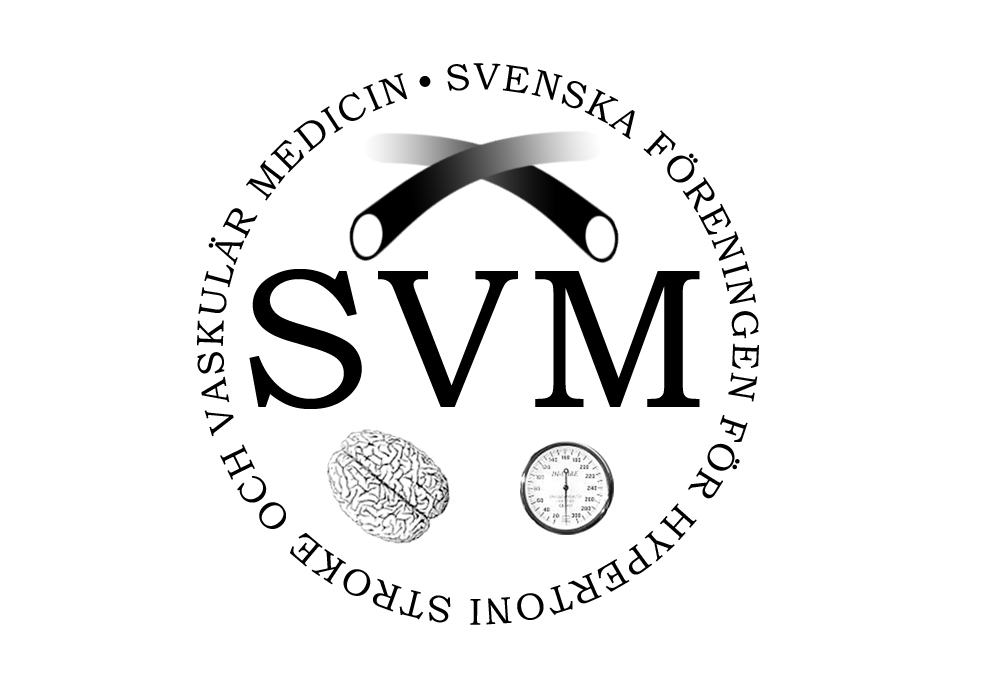 FÖRDJUPNINGSKURS I EVIDENSBASERAD OMVÅRDNAD VID HYPERTONI 2019 SVENSK FÖRENING
FÖRDJUPNINGSKURS I EVIDENSBASERAD OMVÅRDNAD VID HYPERTONI 2019 SVENSK FÖRENING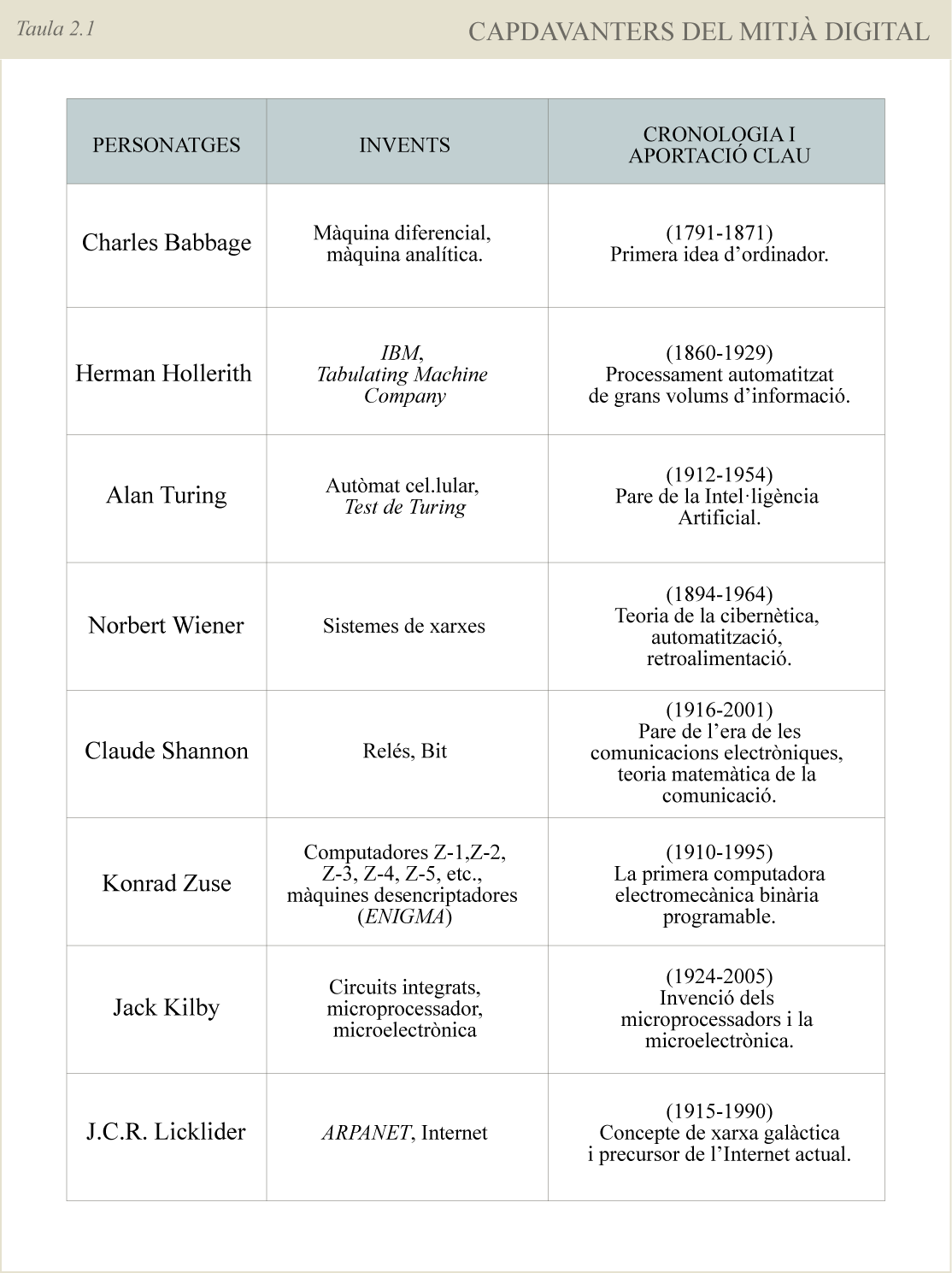 EL MITJÀ DIGITAL ARNAU GIFREU INDEX 1 ELS
EL MITJÀ DIGITAL ARNAU GIFREU INDEX 1 ELS LONDON BOROUGH OF HACKNEY HSC 1 HILLMAN STREET HACKNEY
LONDON BOROUGH OF HACKNEY HSC 1 HILLMAN STREET HACKNEY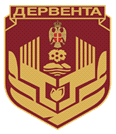 A K C I O N I P L
A K C I O N I P L PARCOURS GYMNASTIQUE CYCLE 3 ORGANISATION LES ÉQUIPES
PARCOURS GYMNASTIQUE CYCLE 3 ORGANISATION LES ÉQUIPES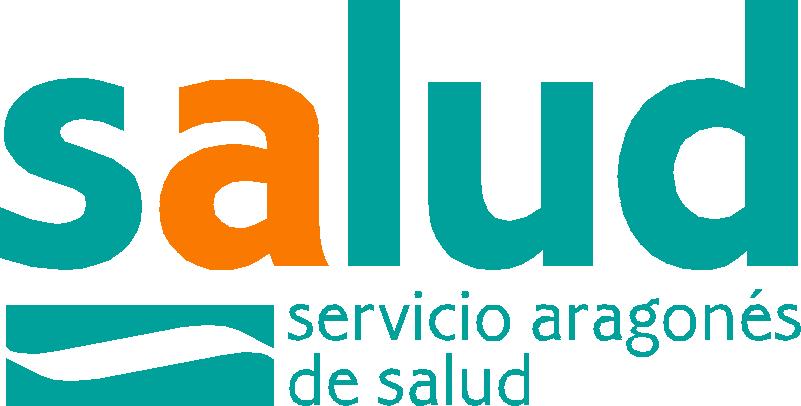 IA REPRESENTACIÓN MEDIANTE APODERAMIENTO “APUD ACTA” 1 DATOS PERSONALES
IA REPRESENTACIÓN MEDIANTE APODERAMIENTO “APUD ACTA” 1 DATOS PERSONALES MÅNADSBREV OKTOBER NU ÄR HÖSTEN I FULL GÅNG OCH
MÅNADSBREV OKTOBER NU ÄR HÖSTEN I FULL GÅNG OCH 4 JULY 2014 WEEKLY LOTTERY WINNERS £1000 PRIZE
4 JULY 2014 WEEKLY LOTTERY WINNERS £1000 PRIZE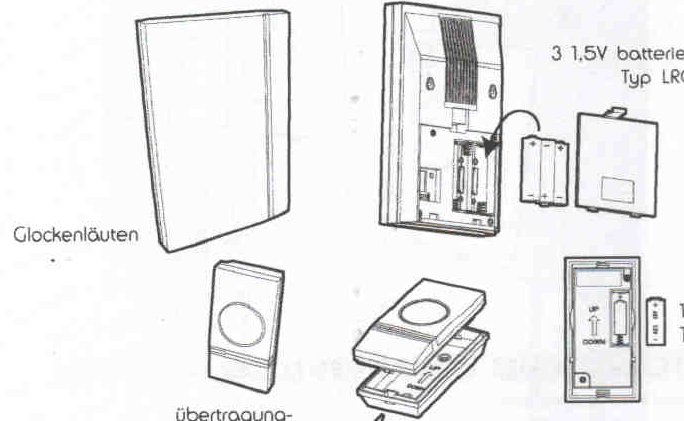 SONERIE FĂRĂ FIR REF 102321102323 INSTRUCŢIUNI DE
SONERIE FĂRĂ FIR REF 102321102323 INSTRUCŢIUNI DE INFORMATION ZUM DATENSCHUTZ STAND 01072019 LIEBE PATIENTINNEN UND PATIENTEN
INFORMATION ZUM DATENSCHUTZ STAND 01072019 LIEBE PATIENTINNEN UND PATIENTEN